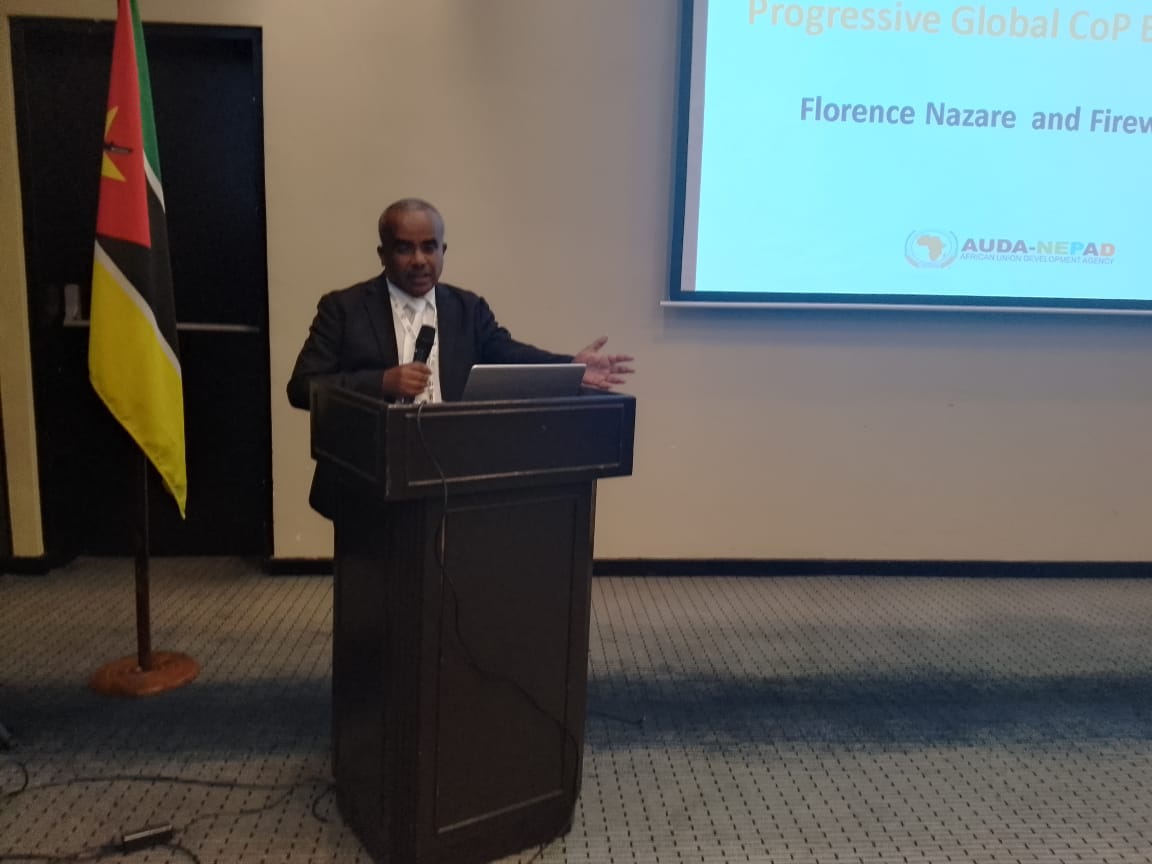Africa Pushes for Continent-Wide 'Community of Practice' on Genome Editing
A central focus was utilizing CoPs to align efforts across disciplines, institutions, stakeholders and nations around the multifaceted field of genome editing.
MAPUTO, Mozambique— Scientists and policymakers from across Africa have been urged to consider the creation of a continent-wide community of practice to coordinate efforts around using genome editing technologies to drive development, writes Winston Mwale.
In a presentation at a continental meeting Thursday, Firew Mekbib from Ethiopia's Haramaya University made an impassioned call to harness the knowledge and expertise of diverse stakeholders through communities of practice, or CoPs — groups that share information to advance a domain.
Mekbib delivered the presentation on behalf of himself and Florence Nazare, head of the African Union Development Agency (AUDA-NEPAD).
"A platform for self-learning approach, promotion of intra-Africa learning, can be used as one of the tools for meeting Agenda 2063," Mekbib said of CoPs, referring to the African Union's strategic vision.
The presentation, titled "Connecting Knowledge, Information and Expertise in Genome Editing to Harness Key Resources for Development," highlighted startling statistics: Africa is the only food and nutrition insecure continent, importing over $30 billion worth of food annually.
Yet it has the resources to "feed the world" if new technologies like genome editing are fully embraced.
The presentation argued that genome editing represents a crucial opportunity for Africa to "leapfrog" conventional genetic engineering if the right coordination is in place.
Mekbib cited the continent's rich biodiversity, unique agricultural challenges addressable through genome editing, an increasingly enabling legal landscape, and existing scientific institutions and human capital as justifications.
"Africa cannot be developed without science, technology and innovation," Mekbib said. "Africanizing STI is indispensable."
A central focus was utilizing CoPs to align efforts across disciplines, institutions, stakeholders and nations around the multifaceted field of genome editing.
AUDA-NEPAD has already launched a genome editing initiative that includes developing communication and advocacy strategies as well as curricula modules on the science, product development, regulation and intellectual property.
"How best to use CoPs to harness financial, human and physical resources to advance genome editing?" Mekbib asked.
"How best to use CoPs to expand and scale up to embrace more member states?"
While progress on genome editing policies and research varies across the continent, some countries like Kenya, Nigeria and Malawi have published specific legislation governing the technology, while others like Ethiopia and Ghana are drafting guidelines.
Field trials of genome edited crops are already underway in Kenya.
"This continent has unmatched growth prospects," Mekbib said. "And it can feed not just itself, but the world, with the right technological embrace."
With the African Development Bank and World Bank forecasting that Africa will dominate the list of the world's 20 fastest-growing economies in 2024 and be the second-fastest growing region after Asia, harnessing powerful new biotechnologies like genome editing could be key to fulfilling that economic potential through increased food security.




